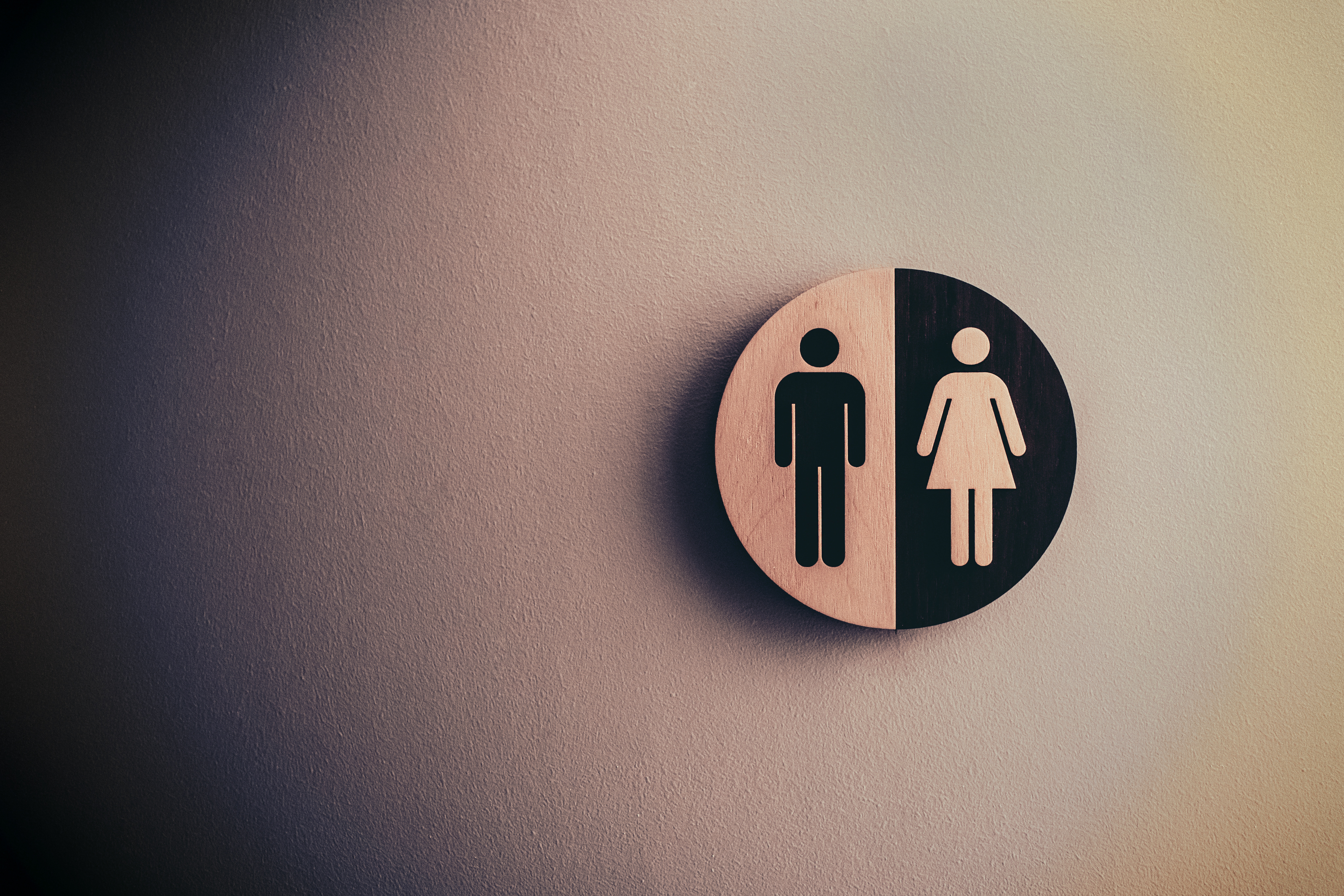A few weeks ago, I was moderating a conversation hour about the mental health climate at my school and concluded the session by asking participants for feedback. One student argued that the discussion was not particularly productive because it failed to include a diverse range of students, especially men. She was right – I looked around the room to find one male (who was dragged along by a board member and did not speak once) in the group of 25 students.
In my experience, this situation is quite common. I interned for a suicide prevention organization, and all of the employees were women. I am a board member for an advocacy group on my campus, and out of the ten executive members, one is male. I write for this blog alongside other female college students. I participate in a mental health research group, and this may be shocking, but most of the other students are females.
Mental health is a fundamental human issue that concerns all of us. Mental illness affects both men and women, yet there are significantly fewer male advocates. Why? I am quick to say it is easy to get involved in mental health advocacy. It is something I am passionate about, so perhaps I am a bit biased, but hundreds, even thousands, of organizations exist nationally with various missions and target audiences. I genuinely believe there is an organization out there for every individual. However,I do not face the same stigmas men face.
Unfortunately, stereotypes and stigmas continue to make seeking help difficult, and the stigmas men face are objectively worse than those that women face. In a study conducted by the Mental Health Foundation that surveyed 2,500 people with mental health problems, 19% of woman admitted to not seeking professional help due to stigmas, compared to 28% of men. Furthermore, it found that men are significantly less likely to confide in family members or friends. Despite the progress we have made in normalizing talk about mental health, these conversations seldom occur among men. There are still unwarranted amounts of shame associated with male vulnerability.
Commonly used expressions like “man up” and “be a man” perpetuate the idea that men always need to put up a front of imperturbable strength. This double standard discourages dialogues about the unique mental health challenges many men face, like the often crippling self-doubt that comes with feeling compelled to be the breadwinner, leaving them to handle these problems sans support.
This is a disservice to our community for several reasons. Though men are less likely to seek help, they are still susceptible to mental illnesses. Men are suffering, and many of them feel uncomfortable discussing their symptoms, or obligated to suppress their feelings. This can lead to isolation and a fear of seeking help. When society conserves hypocritical standards like “boys don’t cry,” we are teaching young boys that vulnerability is a weakness, when, in reality, confiding in a trusted adult about mental health challenges is completely normal and healthy. Likewise, in attempting to start productive conversations about mental health, we are failing to recruit the insightful and diverse perspectives of men.
Thank you to the girl who brought this to my attention. As an advocate, I will make a better effort to include my male peers in these discussions. I will be proactive about seeking male members for the various boards I am on. I will be cognizant of the fact that the males in my life may be apprehensive to have these conversations but encourage them to do so anyway. Men can be powerful advocates, and until we actively include them in our conversations, these stigmas will continue to suffocate the many men who suffer from mental health challenges.



